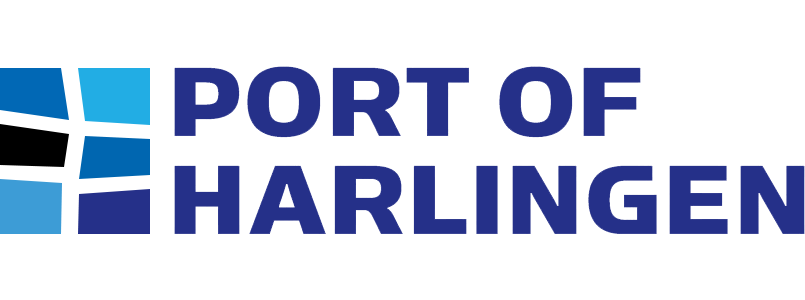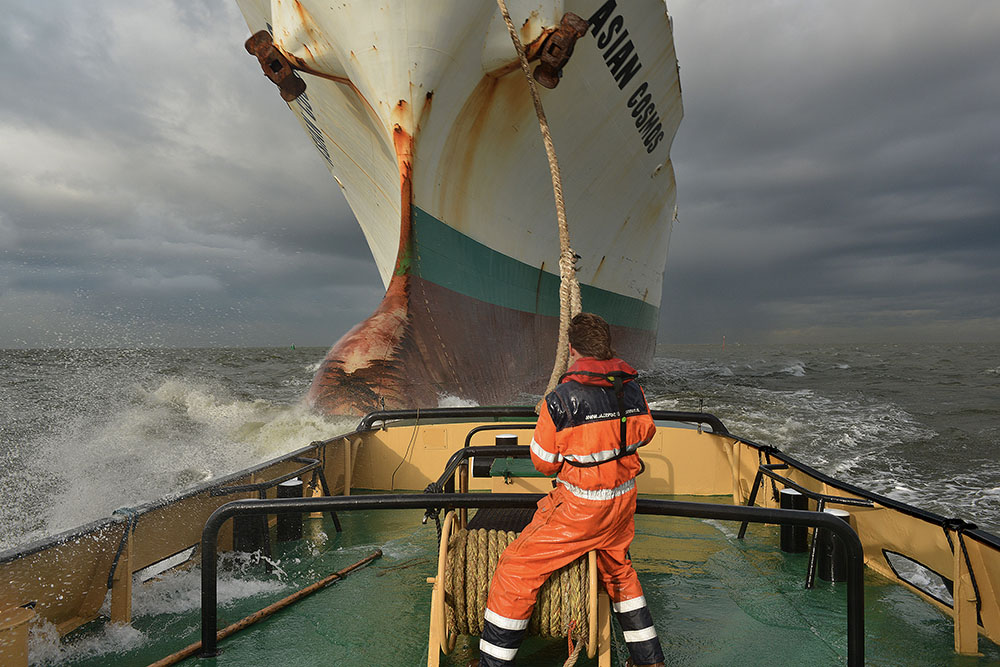Harlingen is home to the famous historic Urk fishing fleet. This fishing fleet remains by far the largest in the Netherlands.
Port of Harlingen is responsible for communication with the fleet and the allocation of berths. This also applies to the jetties of Visveiling Urk (Urk’s fish auction).





